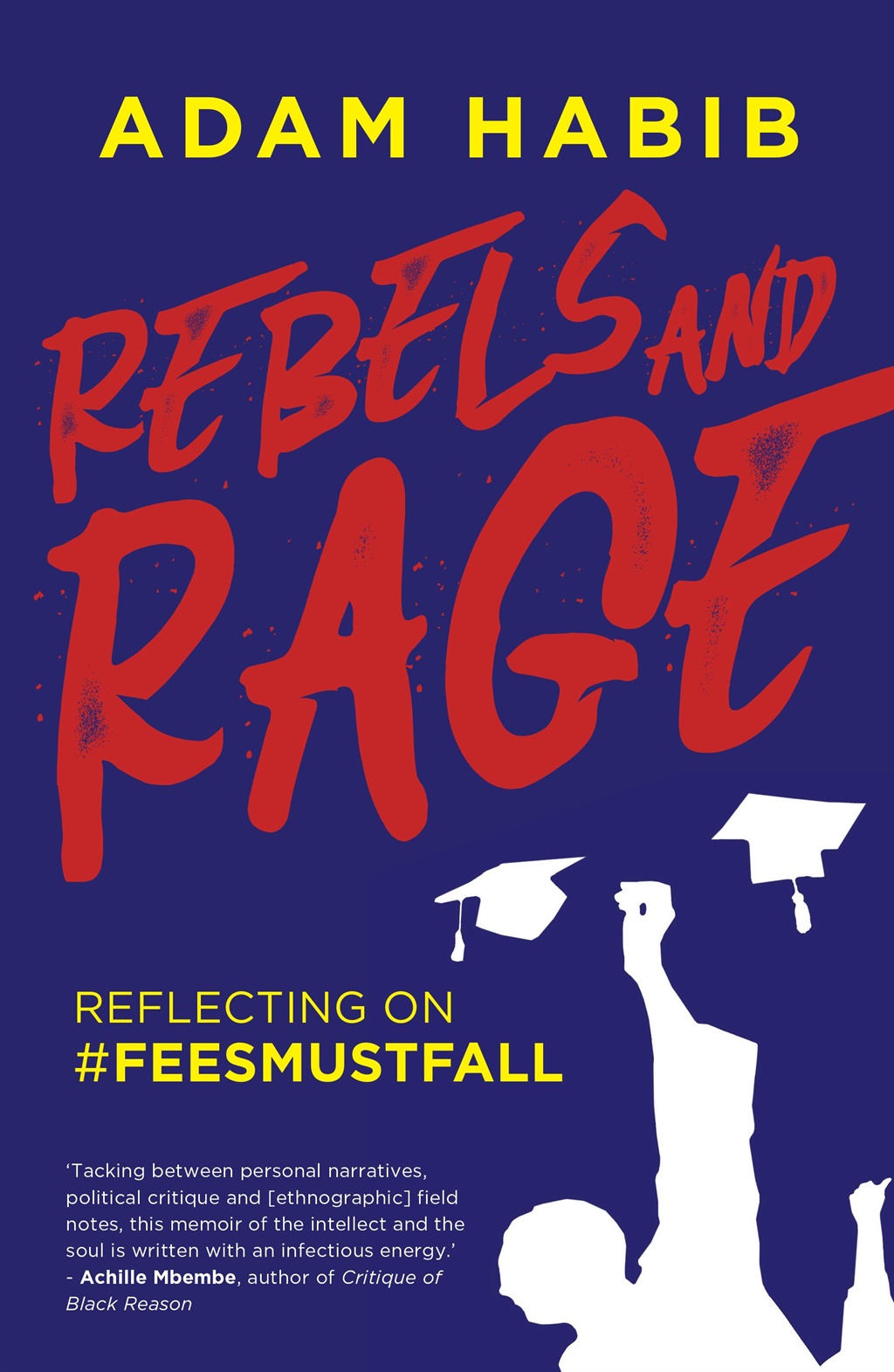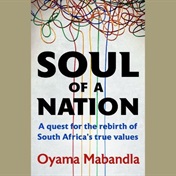
* This is an extract taken from Rebels and Rage: Reflecting on #FeesMustFall by Adam Habib, published by Jonathan Ball Publishers.
That Tuesday evening was perhaps one of the most difficult of the 2015 calendar year. As the resumption of the academic programme loomed on Wednesday morning, some of the more desperate of the remaining protesters resorted to violence. Under the cloak of darkness, a vehicle was torched and part of the campus bookshop burnt.
The symbolism of burning books at a university was lost on these protesters for free education, as it was on some of their defenders. None of the executive slept much that night, receiving continuous reports about running battles with a small group of protesters.
Just after midnight on Tuesday, I received a call from Fasiha Hassen, a PYA leader who was also the incoming secretary-general of the SRC. With fear in her voice, Fasiha indicated that residence students were being threatened. She urged security reinforcements to be brought in. She also informed me that students from Men’s Residence were forming a security cordon around the residence.
In the heat of moment, I lashed out at Fasiha, saying: ‘You try to ride a tiger and then when it turns on you, you run to us.’
Immediately, I regretted it. Fasiha remained silent and, chiding myself, I softened and said that we had just approved the deployment of additional private security. What I did not tell her was that we had also approached the police to deploy at the entrances of the campus. The rest of the night proceeded without incident, although the entire executive remained on tenterhooks until the morning.
I was in office early on Wednesday morning, as was the rest of the executive. Some Council members were also there, including Brian Bruce and Isaac Shongwe. Brian decided to go to the gates and assist with operations there, while Isaac remained with me. A small group of protesters were out as well, but this time we were well prepared and ensured that there was free flow of traffic through the entrances. The protesters were allowed to protest but the presence of police and private security deterred any violence. Classes did begin, even though there was less than 50 per cent attendance. We had expected this – and assumed that, for each day we held the campus, attendance would improve and academic operations would normalise.
At about noon, Imraan Valodia got in touch to inform me that he had been approached by an individual who claimed to be an emissary from the student protesters who could broker an agreement if I was prepared to engage them in Yale Road just behind the Jorissen Street entrance. Sceptical, I agreed, at Imraan’s urging; Imraan then went and fetched the young man. A group of us, including Imraan, Isaac and some security personnel, accompanied the young man to Yale Road. As we approached the protesters, we saw the police were across the road, keeping a wary eye out. As soon as we reached the protesters, the young man blended into the crowd. We had been set up.
What followed was a verbal altercation with the student protesters. Vuyani was there. In his usual verbose style, he started berating us about dividing the students and securitising the campus. Characteristically, he took no responsibility for, and ignored the fact that the police and private security deployment was necessitated by, the violence of the previous evening. Others spoke, too. Two outsourced workers spoke of their hardships, as did a young man, Jeremia Lelosa, who was associated with the Zionist church branch at Wits University. All were far more courteous than Vuyani, and Jeremia would eventually send me an e-mail apologising for the rudeness of some students during the engagement.
Leigh-Ann Naidoo was also there and spoke of the challenge of insourcing and the importance of addressing it. I, of course, responded firmly, informing the group that, while I sympathised with the issues and would allow the protest, ‘the violence would not be tolerated and the police and private security would remain for now’. I also indicated executive management’s willingness to consider how to address the human rights violations associated with insourcing. But there was a verbal standoff. After a short while going back and forth, Isaac whispered in my ear that it was time to return and shepherded me away from the group and back to the office.




 Publications
Publications
 Partners
Partners











